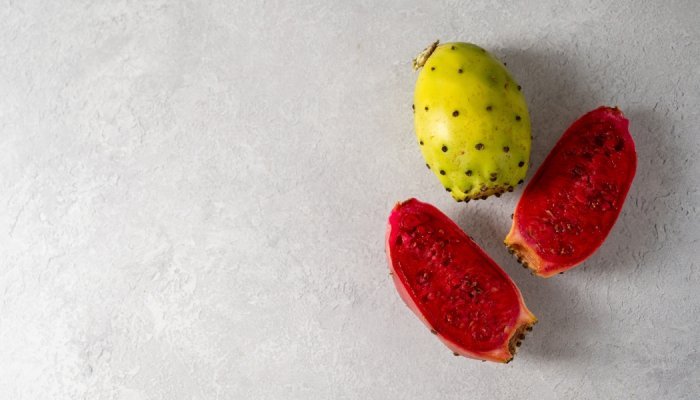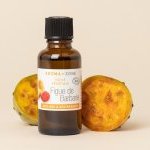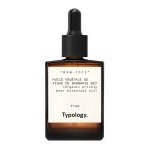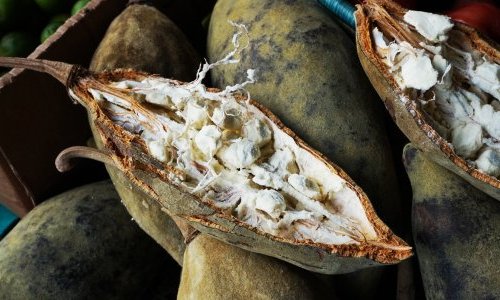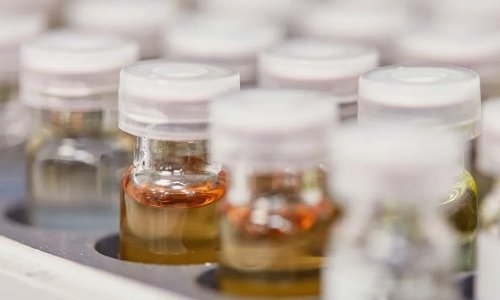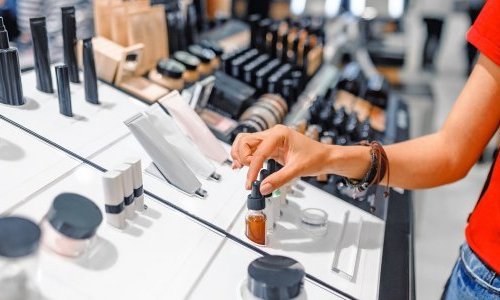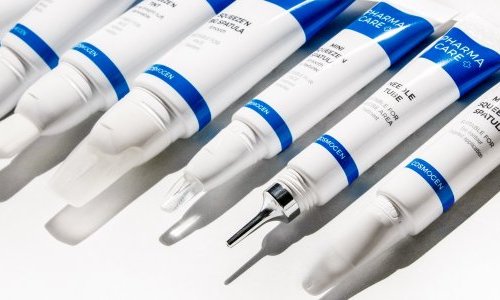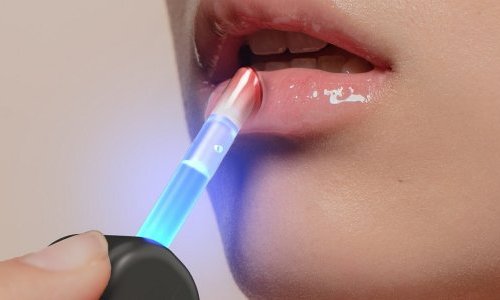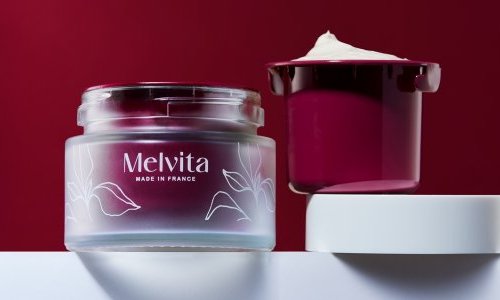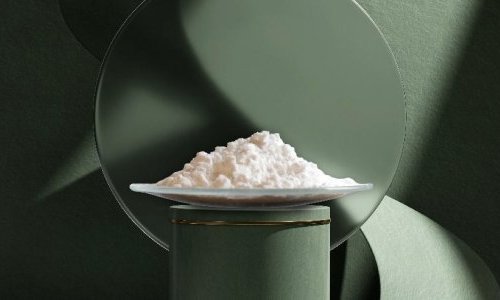Grown on a large scale in North Africa - mainly in the Maghreb (Tunisia, Morocco, Algeria...), southern Europe (Portugal, Spain, Italy...) and certain South American countries (Mexico, Chile, Brazil...) the prickly pear (Opuntia ficus-indica), also known as nopal, has become, in just a few years, a star ingredient in natural cosmetic formulations! In this era of global warming, this low-water consumption plant, which grows on soils that are not always suitable for other crops, offers many advantages.
"Except for its spines, from which nothing can be obtained for the moment, the entire plant can be used and valorised: fruit, seeds, flowers, etc," explains Lémia Chekir Thabet, National Coordinator of the Pampat Project, implemented by the United Nations Industrial Development Organization (UNIDO).
"More than half of our producers export, and 95% of these exports involve prickly pear seed oil: 95% in bulk and 5% in the form of packaged products. 70% of this production is sent to Europe, mainly France, to the cosmetics industry. The ever-growing success of prickly pear seed oil lies in its many anti-ageing properties, which we have demonstrated in a clinical study [1]. Prickly pear oil has long been used by North African women on their skin, hair and nails," she points out.
The favourite of young natural cosmetics brands
For Émilie Jolibois, Head of Cosmetic Ingredients & Plant Extracts at Aroma-Zone, prickly pear seed oil is "one of the best vegetable oils for combating skin ageing." In fact, this ingredient has been available for years in the brand’s boutiques and has significantly contributed to its popularity in France.
"Prickly pear seed oil has been hailed as an excellent moisturiser and anti-ageing ingredient because of its beneficial nutrient content for the skin. It is rich in linoleic acid (omega-6), tocopherols (vitamin E) and, in particular, phytosterols and polyphenols," explains Elisa Louveau, R&D Project Manager at Typology. "That’s why at Typology we offer an organic vegetable oil that we receive from a Moroccan producer. On its own, it already gives very good results. We combine it with other actives in two other anti-ageing formulas," she adds.
But the elixir comes at a price - an average of EUR 350 per litre when it leaves the Tunisian factories - because the production process is "long and complex," explains Sandy Boget, founder of the Sand Rarity brand, which uses it - in its organic version - as the flagship ingredient in its four products. "It takes an average of thirty kilos of prickly pear seeds, or almost a tonne of fruit, to extract a litre of oil. What’s more, to retain all the goodness contained in the seeds, it’s essential to extract them cold and not to add any solvents," she points out.
Beyond the seeds...
Fruit, seeds, flowers, cladodes (also known as pads), young leaves, the skin of the fruit... everything can be used from the prickly pear, with the exception of the spines and the inedible part of the pad. Weleda uses the young shoots in its 24-hour Hydrating Cream for their polyphenol, sugar and mineral content. Aroma-Zone is also interested in the cladodes. "Our dietary supplement Organic Fat Catcher is made from cladodes powder, known for its high fibre content and its action on the absorption of fats and sugars," emphasises Émilie Jolibois.
"Producers use the fruit and flowers to make different liquids with varying virtues. It’s important not to mistake prickly pear seed oil for oily macerate. The latter is obtained by macerating the flowers and/or fruit of the tree in a neutral oil, usually refined sunflower oil, while the seed oil is obtained by pressing the seeds. The essential oil, on the other hand, is obtained by chemical extraction, when the powdered prickly pear seeds are pulverised and then added to a solvent such as hexane," details Lémia Chekir Thabet.
The field of possible applications therefore still seems very wide! Particularly as Opuntia ficus-indica, which thrives on poor soil and is highly resistant to heat and drought, is also of interest to the agri-food and pharmaceutical industries.

